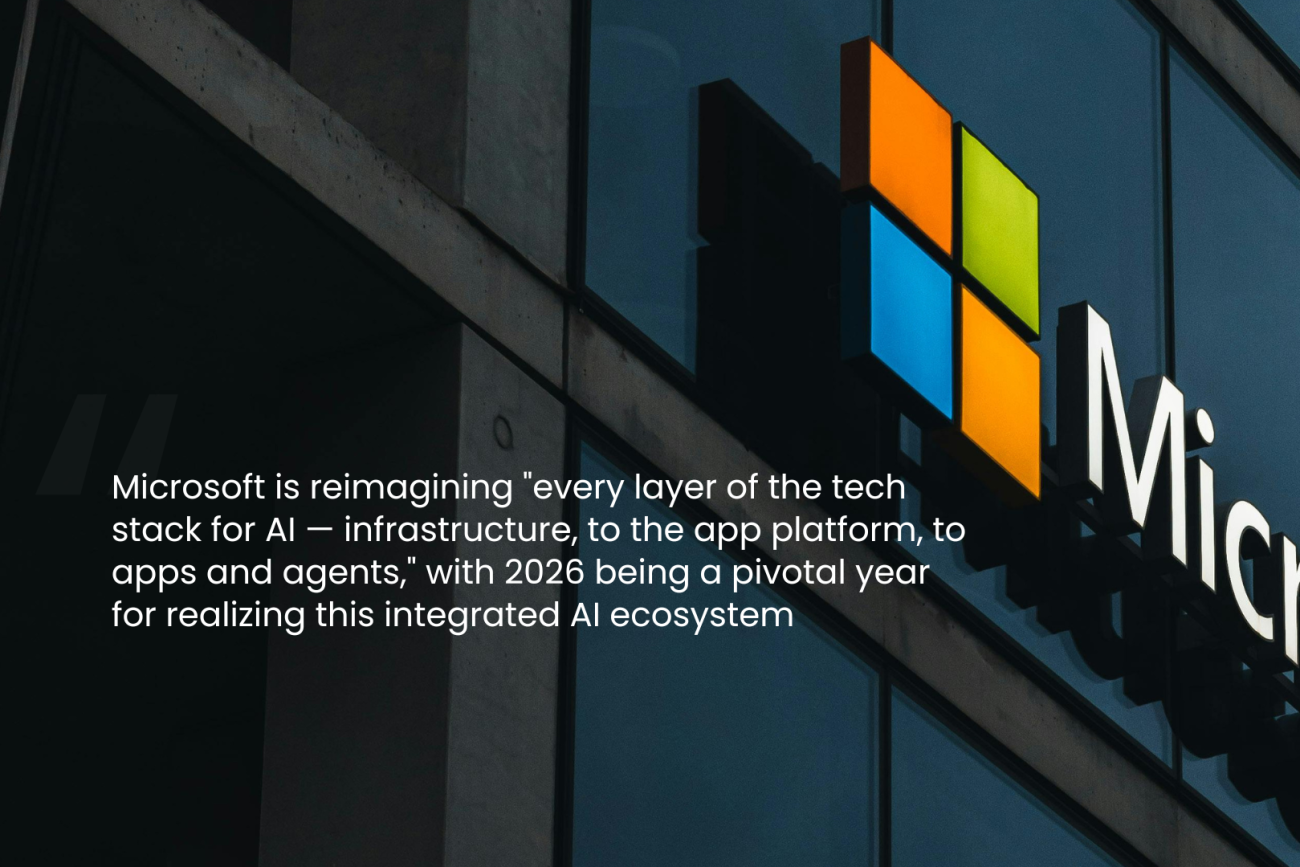The business landscape is shifting faster than ever, and the companies that thrive are those that embrace intelligent automation. Microsoft’s latest innovation—AI agents in Dynamics 365—isn’t just another technology update. These autonomous digital teammates are redefining how work gets done, transforming everything from sales processes to customer service operations.
At Osmosys, we’ve witnessed firsthand how AI agents are helping organisations scale their operations without expanding headcount, automate complex workflows, and make data-driven decisions in real-time. This isn’t about replacing human expertise—it’s about amplifying it.
What Are AI Agents in Dynamics 365?
AI agents are autonomous, intelligent systems that can perceive, plan, and execute tasks with minimal human intervention. Unlike traditional automation tools that follow rigid scripts, these agents use advanced AI capabilities to adapt to different situations, learn from data patterns, and make intelligent decisions.
In the context of Dynamics 365, AI agents work seamlessly across Sales, Customer Service, Finance, and Supply Chain operations, acting as digital teammates that handle routine tasks while surfacing insights for strategic decision-making.
The 10 Game-Changing AI Agents Microsoft Has Introduced
Microsoft has launched 10 specialised autonomous agents designed to transform business operations across different departments:
Sales Excellence
- Sales Qualification Agent: Automatically researches leads, prioritises prospects based on your ideal customer profile, and drafts personalised outreach emails, allowing sales teams to focus on relationship building and deal closing
Customer Service Innovation
- Case Management Agent: Automatically creates cases from customer interactions, populates relevant fields in real-time, and tracks resolution progress without human intervention
- Customer Intent Agent: Analyses customer communications to understand underlying needs and automatically routes inquiries to the most appropriate resolution path
- Customer Knowledge Management Agent: Continuously updates knowledge articles by analysing resolved cases and emerging patterns, ensuring support teams always have current information

Financial Operations
- Account Reconciliation Agent: Automatically identifies discrepancies between bank records and ledger entries, suggests matches, and streamlines month-end close processes
Supply Chain Optimisation
- Supplier Communications Agent: Proactively manages supplier relationships, monitors delivery schedules, and automatically handles routine vendor communications
Project Management
- Time, Expense and Approvals Agents: Automatically processes expense reports, tracks project time, and manages approval workflows without manual intervention
Human Resources
- Recruitment and Onboarding Agent: Screens candidates, matches skills to requirements, and guides new hires through onboarding processes
Field Service
- Scheduling Operations Agent: Optimises technician dispatch based on skills, location, and availability while considering travel time and parts availability
The Business Impact: Real ROI, Real Results
The financial impact of AI agents is already being measured across organisations. Microsoft’s own data shows impressive results:
- Sales teams using AI agents report 9.4% higher revenue per seller and 20% more closed deals
- Customer service operations see 30% faster case resolution times and improved customer satisfaction scores
- IT support agents reduce ticket volumes by 20% while maintaining 70% success rates with high satisfaction
Forrester’s research on Microsoft 365 Copilot projects that businesses can experience ROI ranging from 132% to 353% over three years, with benefits including faster time to market, increased productivity, and reduced operating costs.
How AI Agents Transform Daily Operations
From Reactive to Proactive
Traditional CRM systems store data and generate reports. AI agents actively monitor patterns, predict outcomes, and trigger actions before issues arise. For example, the Supplier Communications Agent doesn’t just track delivery schedules—it predicts potential delays and automatically initiates contingency plans.
Context-Aware Intelligence
These agents understand business context, not just data points. When processing a customer service case, the AI agent considers customer history, product information, seasonal patterns, and resolution success rates to recommend the most effective approach.
Seamless Cross-Platform Integration
AI agents work across the entire Microsoft ecosystem. A sales qualification agent might pull data from Dynamics 365, create documents in Word, schedule follow-ups in Outlook, and update dashboards in Power BI—all within a single workflow.

Implementation Strategy: Getting Started with AI Agents
Based on our experience implementing AI solutions for enterprise clients, here’s a proven approach to AI agent adoption:
Phase 1: Assessment and Planning (4-6 weeks)
- Identify high-volume, repetitive processes suitable for automation
- Evaluate current technology infrastructure and integration requirements
- Define success metrics and ROI expectations
- Select initial use cases with clear business value
Phase 2: Pilot Implementation (8-12 weeks)
- Choose an AI agent that aligns with your highest-priority use case
- Deploy in a controlled environment with a limited user group
- Conduct thorough testing and gather feedback
- Measure performance against defined metrics
Phase 3: Optimisation and Scaling (12-16 weeks)
- Refine agent behaviour based on pilot results
- Expand to additional use cases or broader user groups
- Establish governance frameworks and monitoring processes
- Plan for organisation-wide rollout
Phase 4: Enterprise Deployment (Ongoing)
- Scale successful implementations across the organisation
- Continuously monitor performance and optimise agent behaviour
- Expand to more complex use cases as capabilities mature
- Develop internal expertise and best practices
Security and Governance: Building Trust in AI
Microsoft has built comprehensive security and governance capabilities into AI agents:
- Enterprise-grade data protection with encryption and access controls
- Audit trails for all agent decisions and actions
- Human oversight controls for critical business processes
- Compliance frameworks aligned with industry regulations
- Transparent decision-making with explainable AI capabilities
The Osmosys Advantage: Expert Implementation and Support
As a leading Microsoft Partner with two decades of experience, Osmosys brings unique expertise to AI agent implementation:
- Deep technical expertise across the entire Microsoft ecosystem
- Proven implementation methodologies refined through hundreds of successful projects
- Industry-specific knowledge to customise AI agents for your unique business requirements
- Ongoing support and optimisation to ensure continuous value delivery
- Change management expertise to ensure smooth user adoption
Conclusion
The integration of AI agents into Dynamics 365 represents a fundamental shift in how businesses operate. We’re moving from an era of “there’s an app for that” to “there’s an agent for that”. Organisations that embrace this transformation now will have significant competitive advantages as autonomous capabilities continue to evolve.
Microsoft’s roadmap includes even more sophisticated agent capabilities, including multi-agent orchestration, where different agents collaborate to complete complex business processes automatically.

Ready to discover how AI agents can transform your business operations? Contact Osmosys today to schedule a consultation with our AI specialists and see these digital teammates in action.


